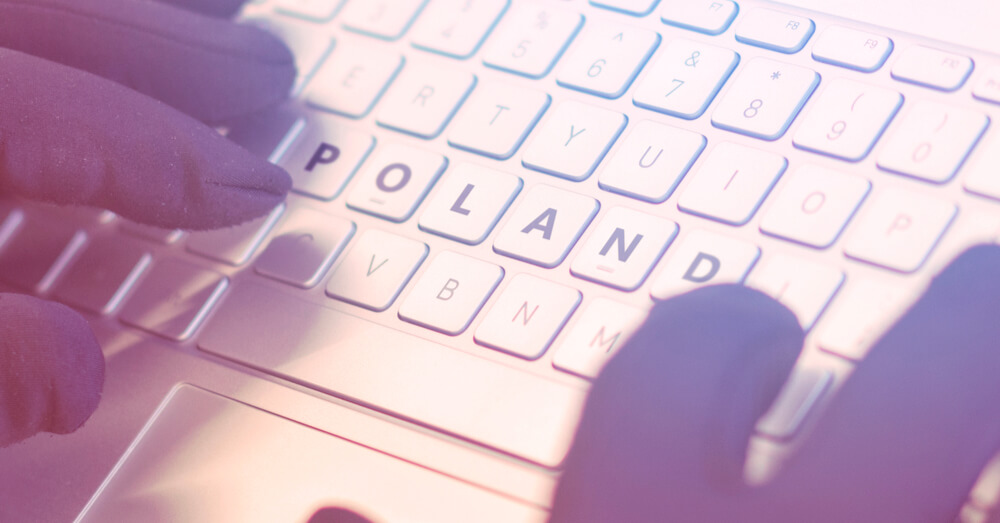
A warning was issued by the Polish Financial Supervision Authority (PFSA) as a new wave of crypto scams were uncovered
A recent scam was uncovered by the Polish Financial Supervision Authority (PFSA), wherein scammers will dupe investors into sending money into a “PFSA authorised wallet” for verification.
The PFSA is a highly reputable government body — it is the overall financial regulatory authority of Poland. Its job is to regulate and keep an eye on financial institutions, capital markets, pensions, insurance companies and most notably, digital assets.
The recent scams take a more personal approach to investors.
The fraudster will reach an investor through a phone call, urging them to purchase or sell crypto. Once they agree, the investor will be directed to send crypto into a PFSA approved wallet for verification.
Of course, there is no PFSA approved wallet used for verification.
Unlike other social media scams that offer lucrative deals to gullible and new investors, these scams are more difficult to identify as the scam does not offer any hard to believe opportunities and is played out under the guise of a government official.
“If, during the interview, you have been informed that a given person performs activities with the participation or in agreement with the PFSA or the KNF, refrain from further contacts and immediately notify the nearest Police unit. Try to collect and present as much detail as possible about the event in the notification. Any piece of information can be useful.”
A desperate need for regulations
The government organisation also warned the public that the crypto market in Poland is unsupervised and the PFSA is yet to license any action regarding crypto.
The PFSA warned:
“We would like to remind you that the cryptocurrency market in Poland is not a regulated or supervised market. PFSA does not license, supervise, or exercise any other powers with regard to cryptocurrency trading activities.”
Neighbouring countries like Romania have recently introduced strict rules and regulations, enforcing a double authorisation process on any crypto provider in the country. If companies do not comply, they will lose access to any media presence.
Furthermore, the US recently took steps to regulate and monitor the use of cryptos by acquiring new blockchain and smart contract cracking tools. While these government actions are likely positive, there is no replacement for common sense on the part of crypto investors.

